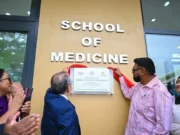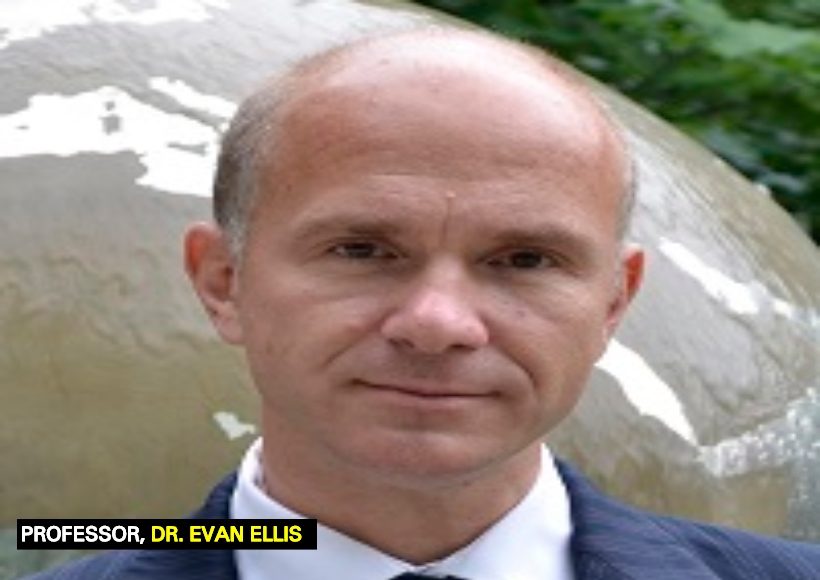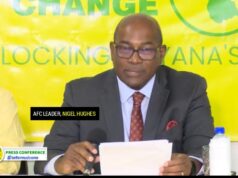A research professor attached to the United States Army War College’s Strategic Studies Institute has recorded the People’s Progressive Party’s (PPP) deep concern about the good relationship that the APNU+AFC Government enjoys with the United States Government.
In February, the professor, Dr. Evan Ellis, visited Guyana where he met with government officials, members of the PPP, and several members of the private sector. Ellis had meetings with former Presidents Bharrat Jagdeo and Donald Ramotar; PPP presidential candidate, Irfaan Ali; PPP’s main two possible prime ministerial candidates (who he did not identify by name); and former Attorney General, Anil Nandlall.
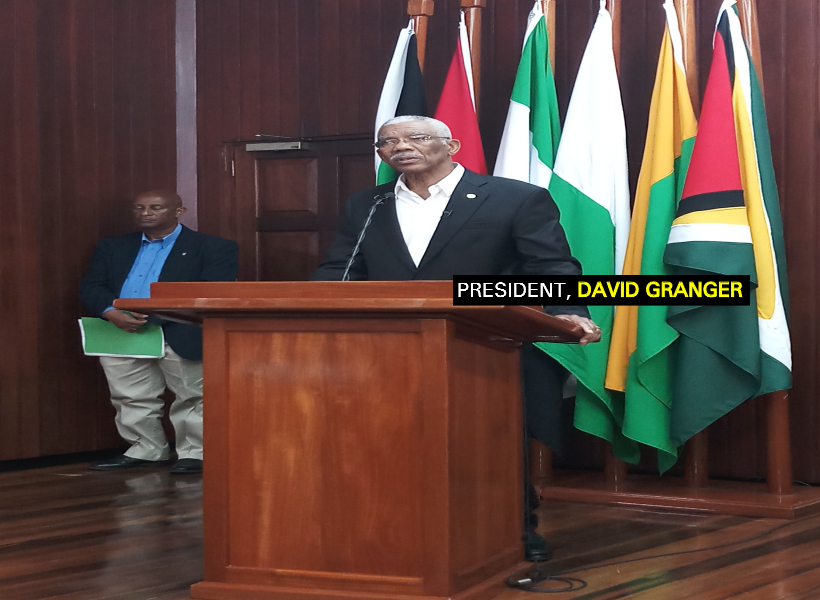
From these meetings, Ellis wrote a paper, titled “Navigating Guyana’s Muddy Waters“ registering his findings. He also made recommendations of the role the United States should play in Guyana’s deepening political struggle (see more in follow up publication).
Ellis said that during his conversations with PPP officials, it was clear that the party was worried about how the relationship between the US and the current government could affect its chances of returning to power.
The professor noted that the US has significant historical baggage in its relationship with the PPP. The strain on the relationship, according to Ellis, dates back to 1964 “as many Guyanese, particularly PPP members, perceive that the U.S., along with the British, acted to prevent the PPP from taking power after the party won the most votes in the 1964 election.”
Ellis noted that under the PPP governments of Bharrat Jagdeo and Donald Ramotar, relations were particularly strained owing to a combination of differences over foreign policy, the rapid advance of relations with the People’s Republic of China (PRC), and concerns over corruption and undemocratic practices.
The Professor noted that “Matters hit a low point in July 2014 when a PPP functionary [former Minister of Education, Priya Manickchand] harshly and publicly reproached outgoing U.S. ambassador to Guyana Brent Hardt for his criticisms of the PPP government, during what was supposed to a pleasant sendoff for the ambassador at his own residence.”
On the contrary, Ellis said, “Under President David Granger and the APNU-AFC government which came to power in May 2015, the relationship with the U.S. strengthened notably, due largely to the latter’s cooperation on anti-corruption and other good governance matters, as well as the government’s positive relationship with Exxon.”
Ellis said that the statement from US President Trump made in February about Guyanese democracy received remarkably close and widespread attention and did not necessarily take away from the belief that US is for the APNU+AFC.
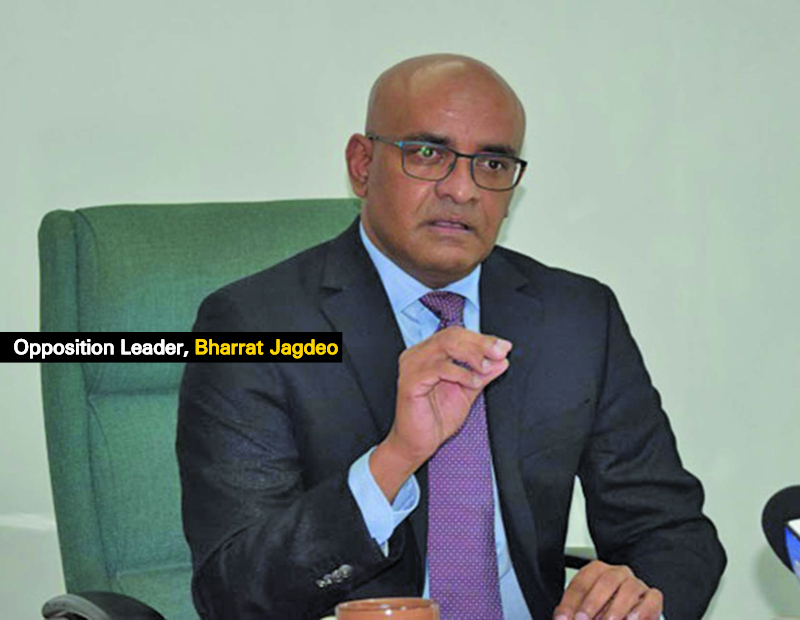
But the professor said that nothing convinced him more “of the PPP’s concern over Washington’s intentions than the enormously generous time made to talk to me (a mere professor employed by the U.S. Army), in separate interviews granted by Guyana’s most recent two PPP presidents, as well as its current Presidential candidate, two of its leading contenders for Prime Minister, and various other senior party functionaries.”
But apparently, the professor found it hard coping with some of the things told to him by the PPP.
He said, “I found myself wrestling with the disconnect between the intelligent, articulate, seemingly reasonable, and responsible persons with whom I spoke, and the stories of corruption and nefarious actions that I had heard about these same persons elsewhere. Yet whatever the truth, the PPP is clearly intent on communicating that, if it returns to power, it wants to work with Washington (as well as China and others) and wants to reassure Washington that it does not represent a threat to U.S. interests.”
Ellis said that whatever the character of the current PPP, the United States does have reasons to feel good about the Granger government, even if its record on economic management, fighting corruption and other issues has been mixed.
Ellis seems to be supportive of the view of one of his unnamed colleague in Guyana to the effect that although the government has only taken “baby steps,” there is a budding new perception that corruption is “wrong” and possibly even punishable.
However, Ellis was keen to note, “While President Granger’s time in office has been positive for strengthening of the US-Guyana relationship and incrementally advancing good governance in the country, recent APNU-AFC attempts to avoid or postpone an early election do not, for me at least, seem to pass the common sense test.”

